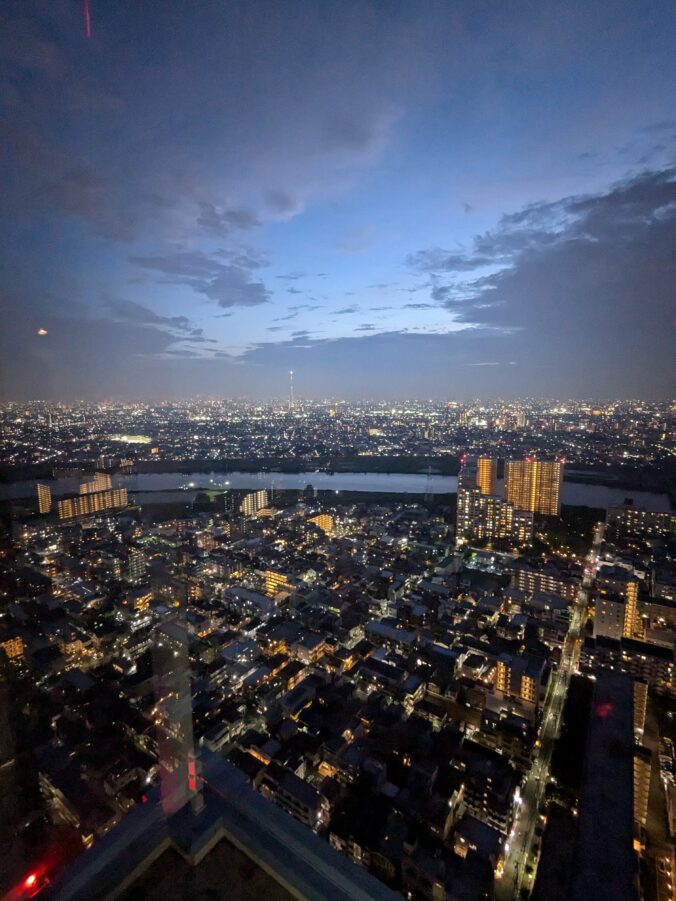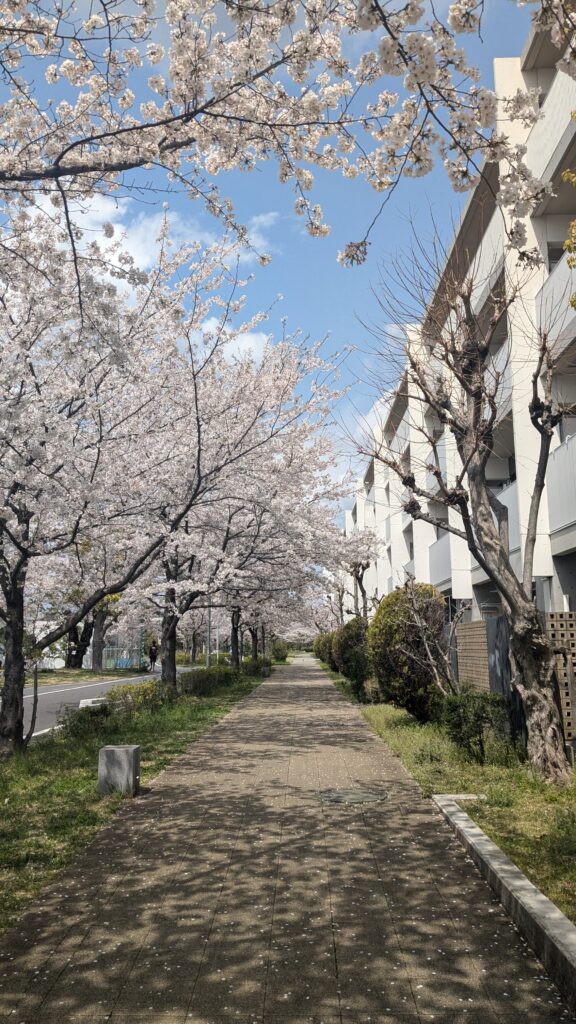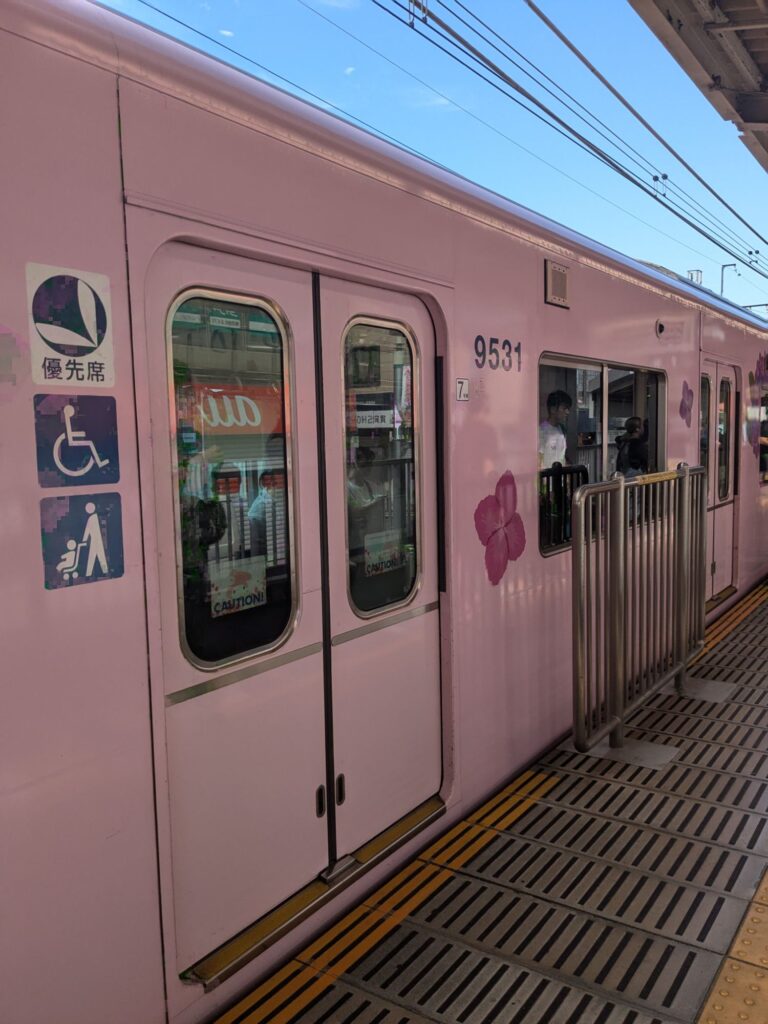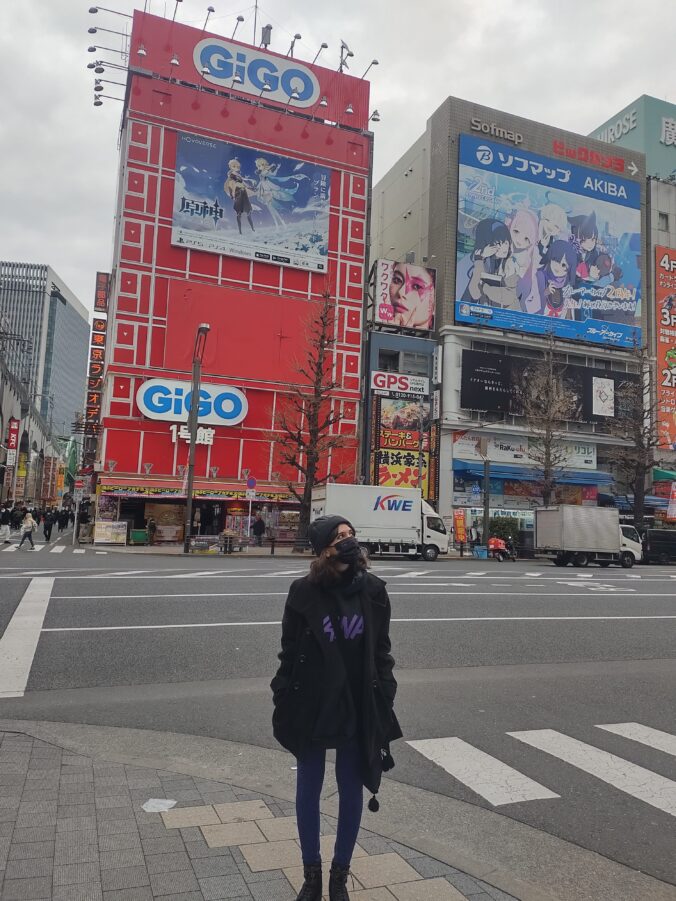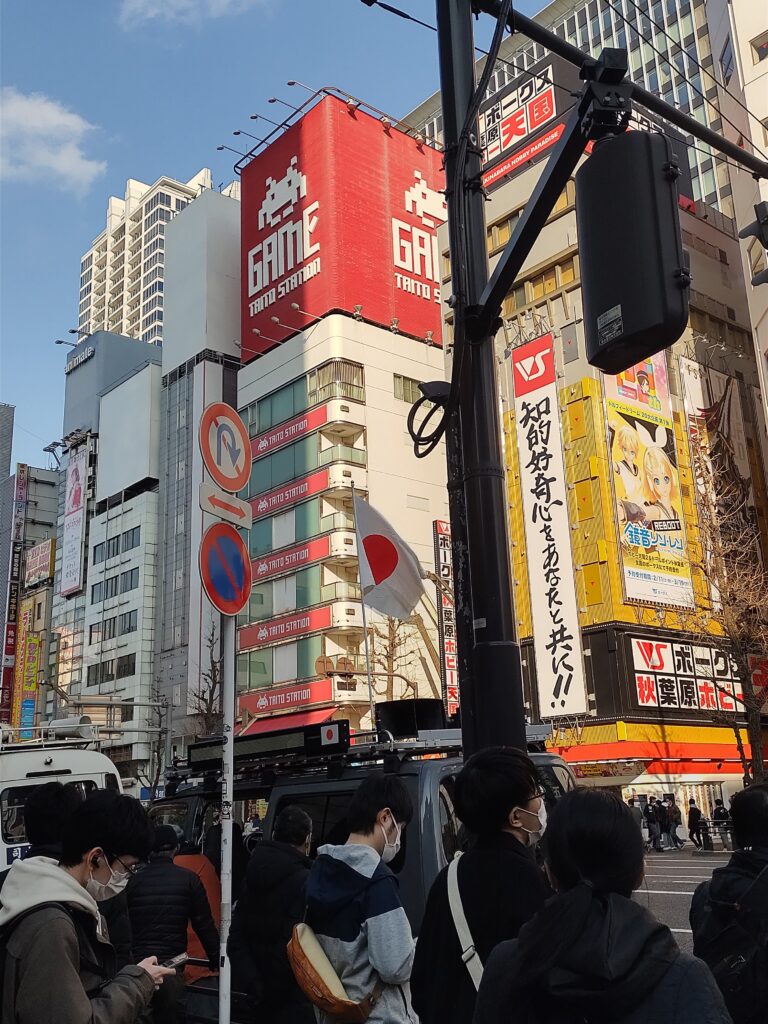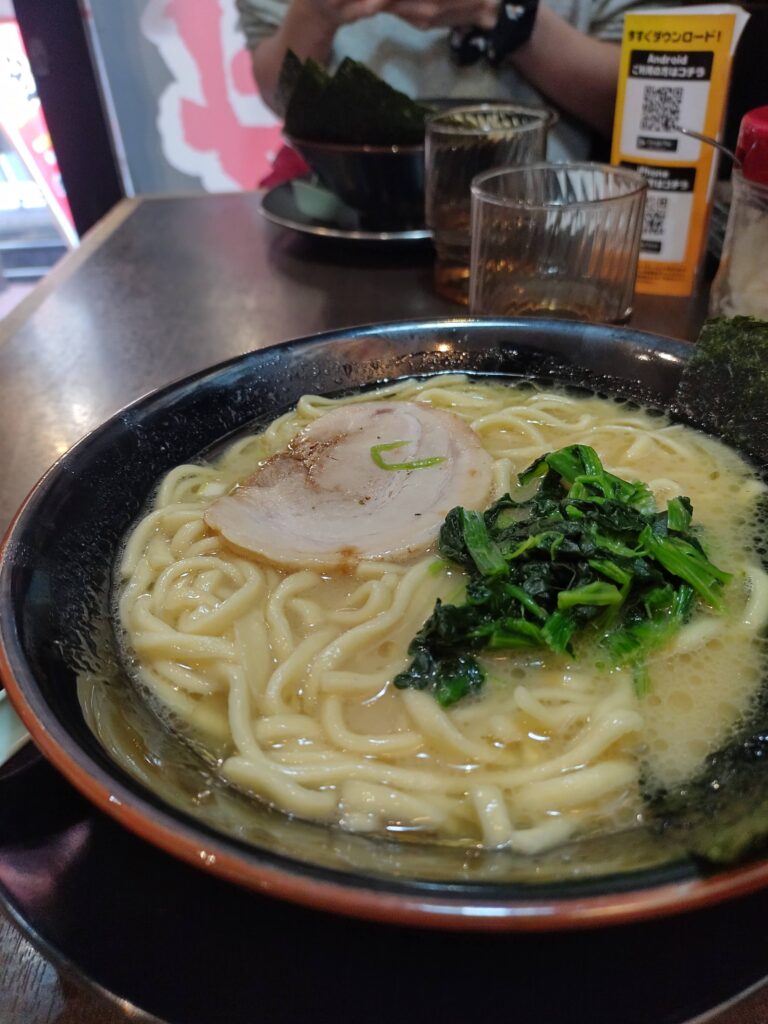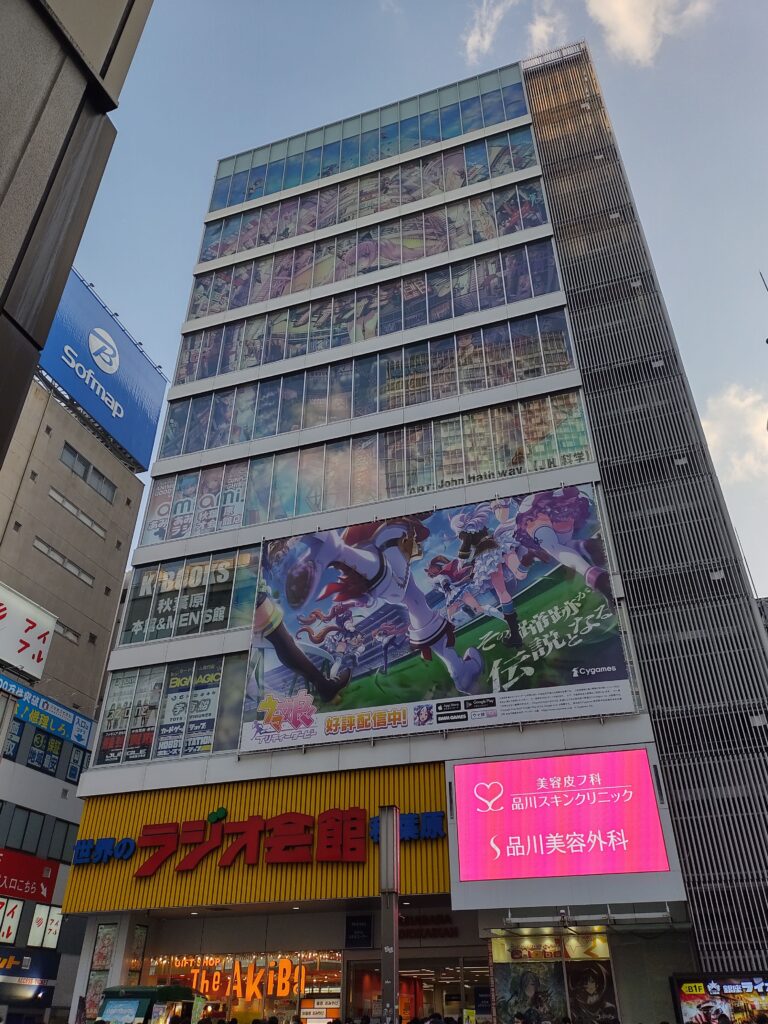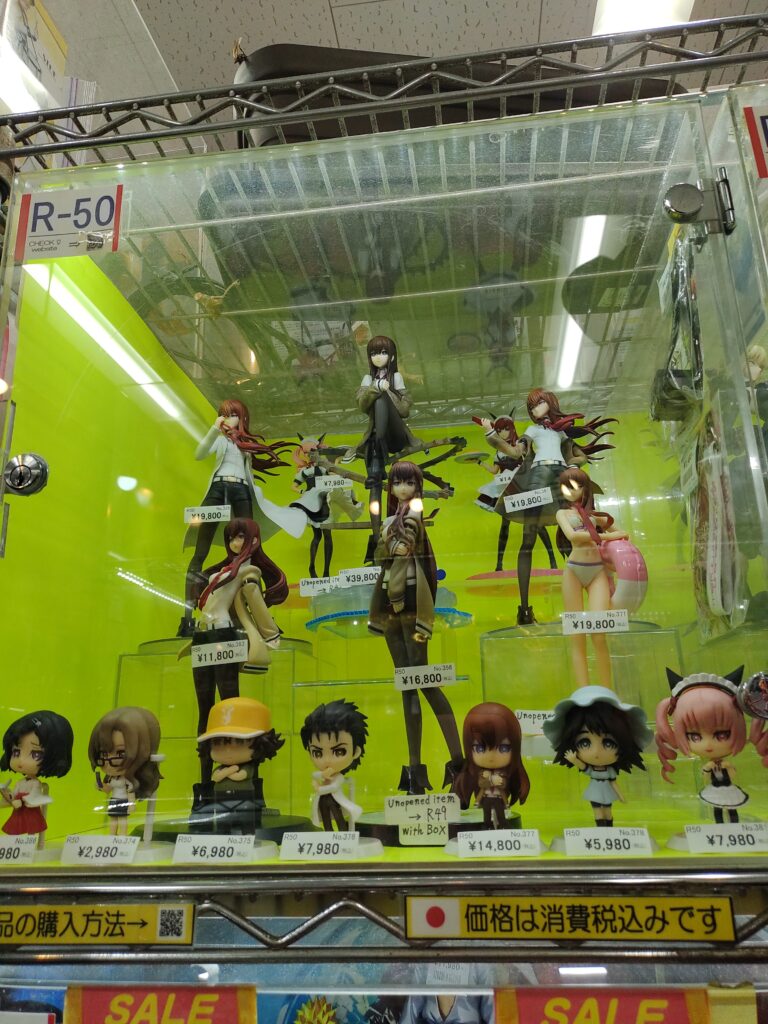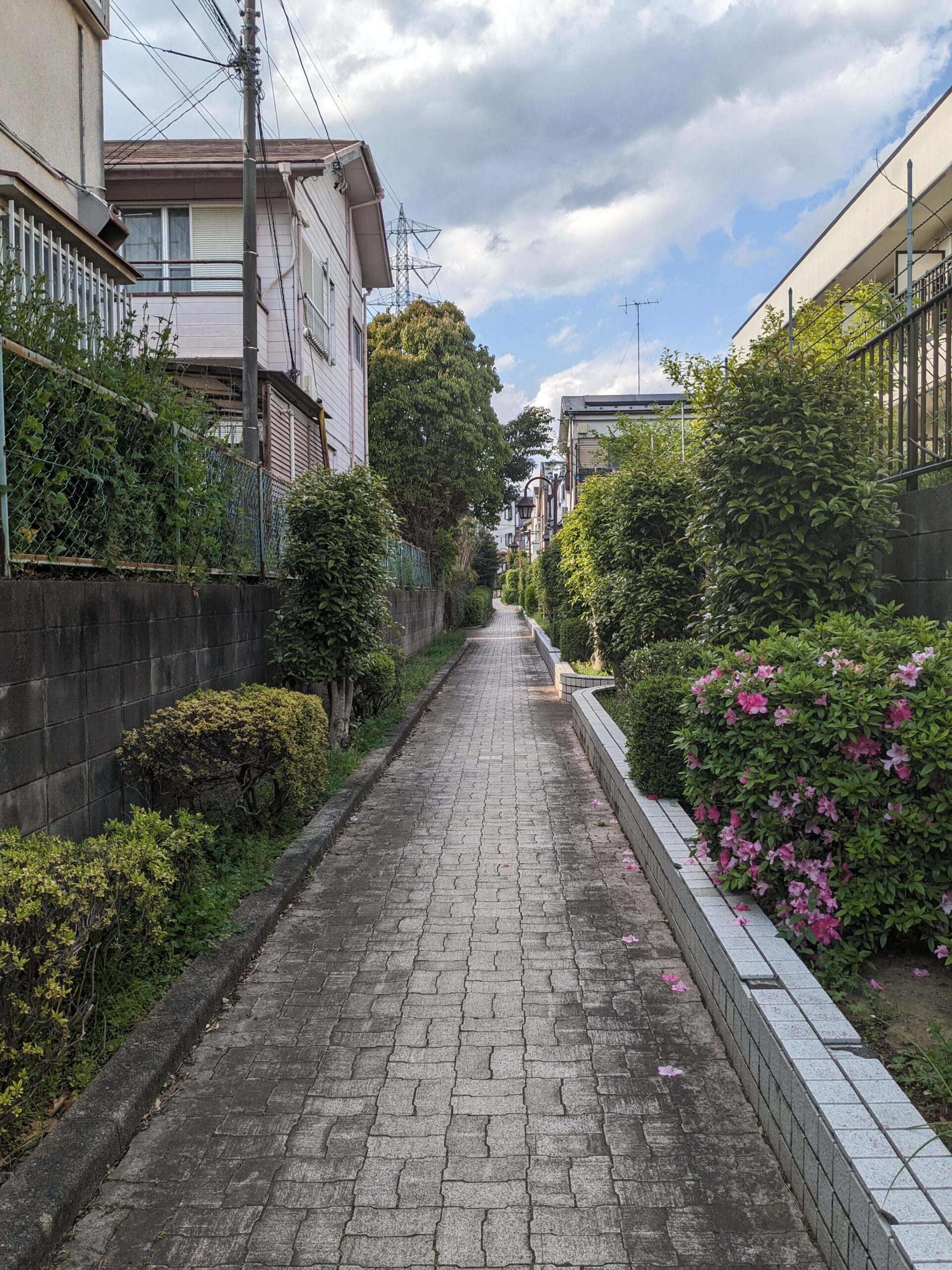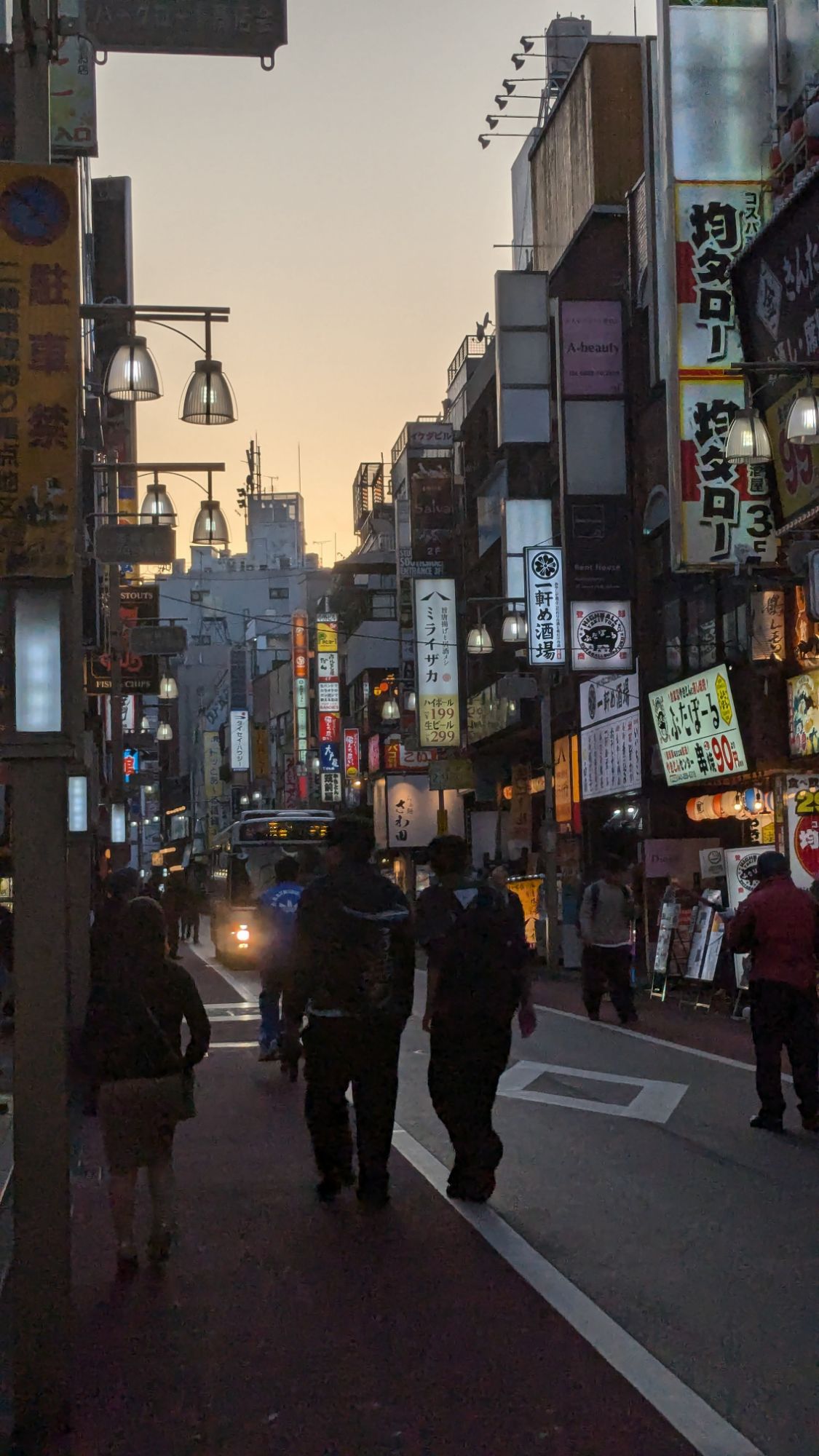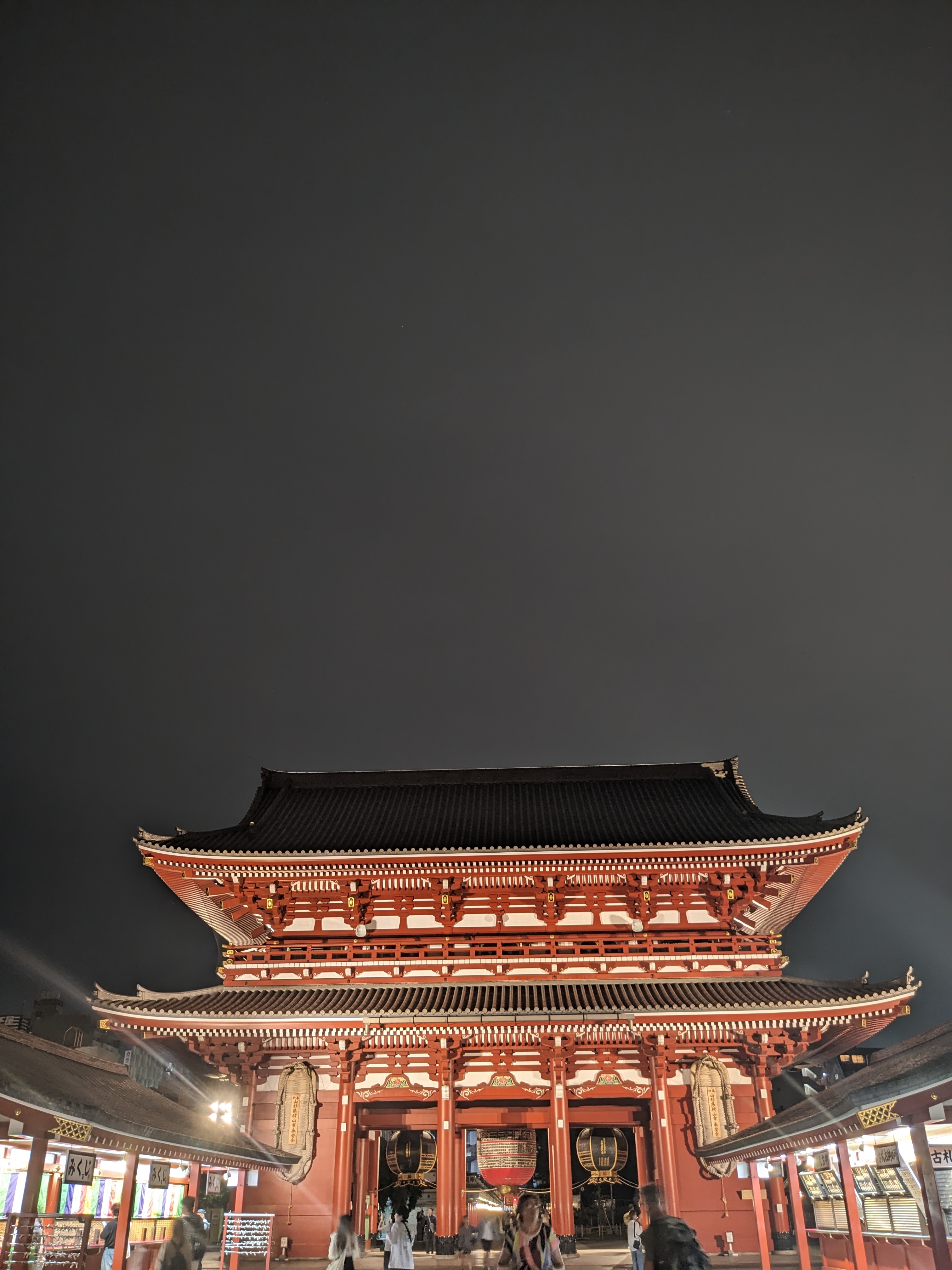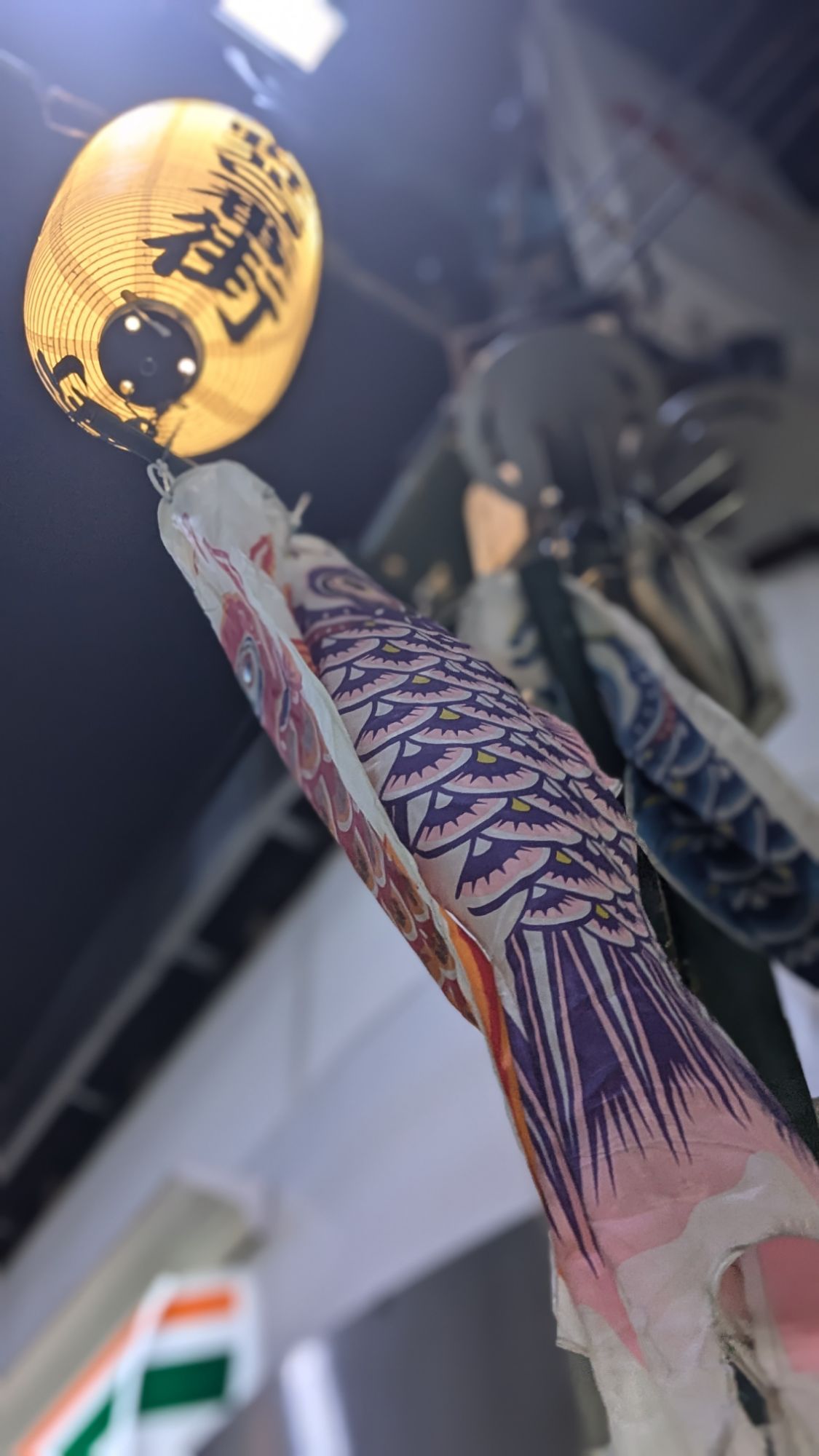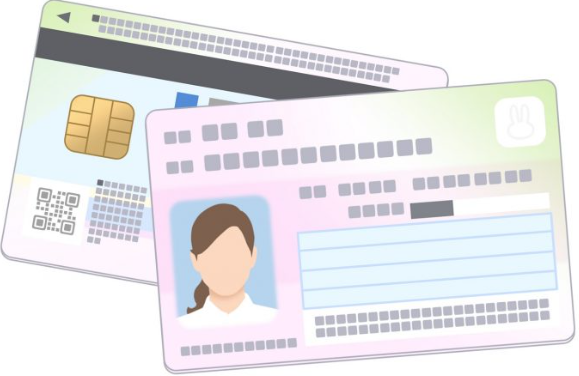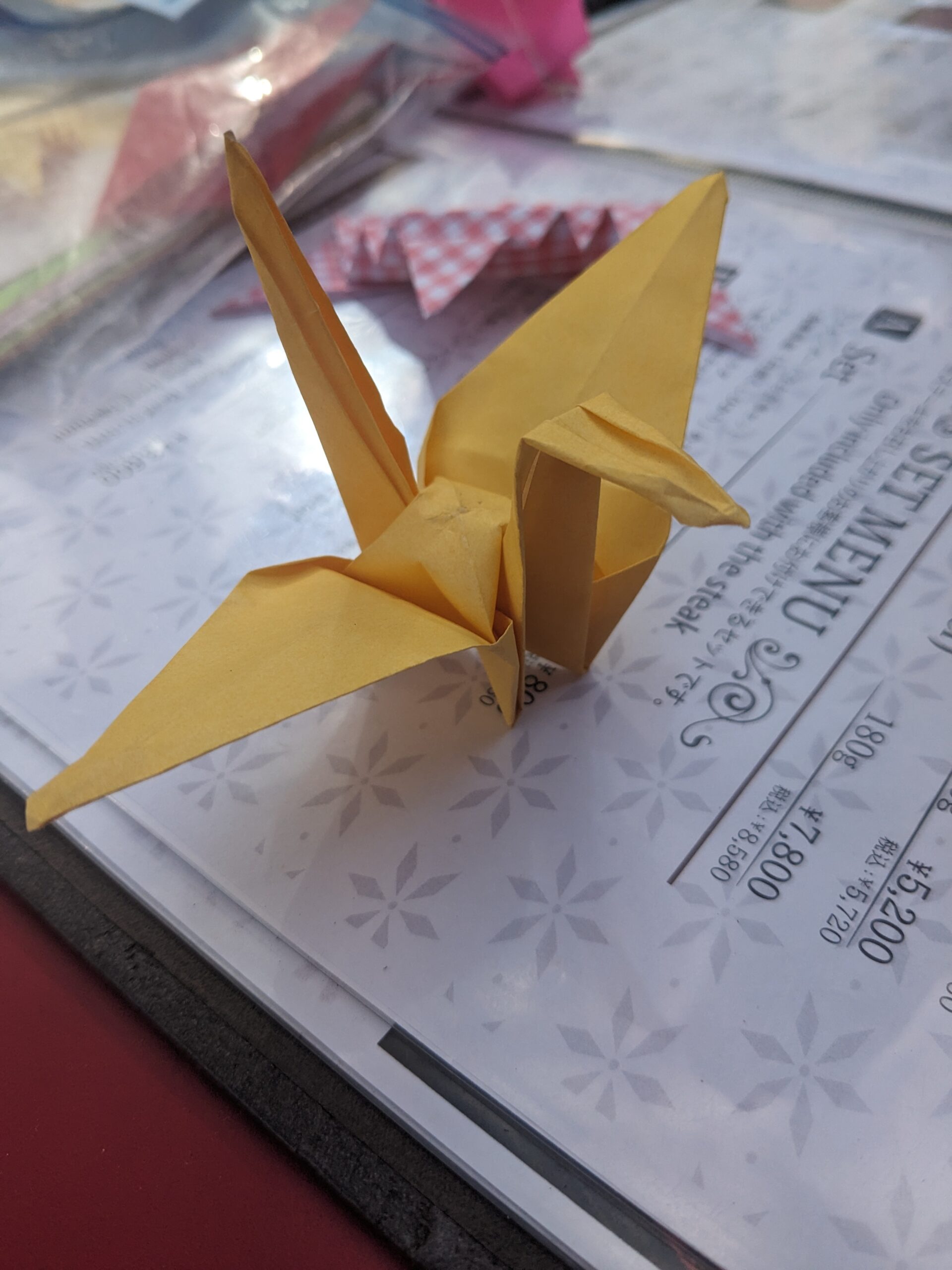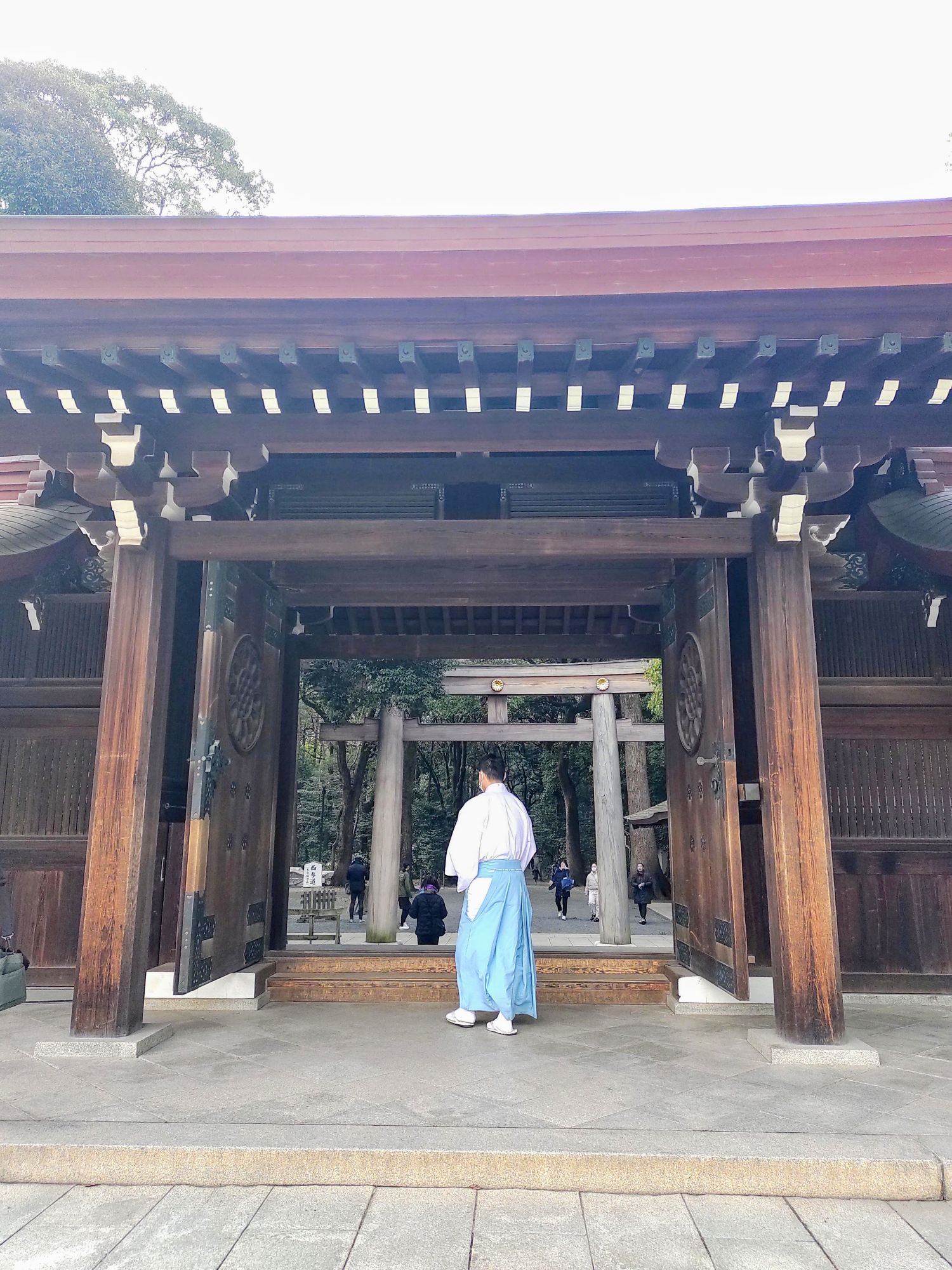💌 Expectations vs. Reality of Dating in Japan
皆さんこんにちは!
This time, I want to talk a bit about what it’s like dating in Japan — always, of course, from my own experience. Remember, every person is different.
And for those who idealize Asian people: no, it’s not like in the dramas.
In my case, before coming to Japan, I had no expectations because I didn’t even plan to date. However, I did have the image that it wouldn’t be too hard, but that Japanese people were much more reserved and less affectionate or romantic — based on YouTube videos I used to watch.
When those moments finally came, some turned into funny stories, others repeated the same patterns, and a couple ended in disappointment.
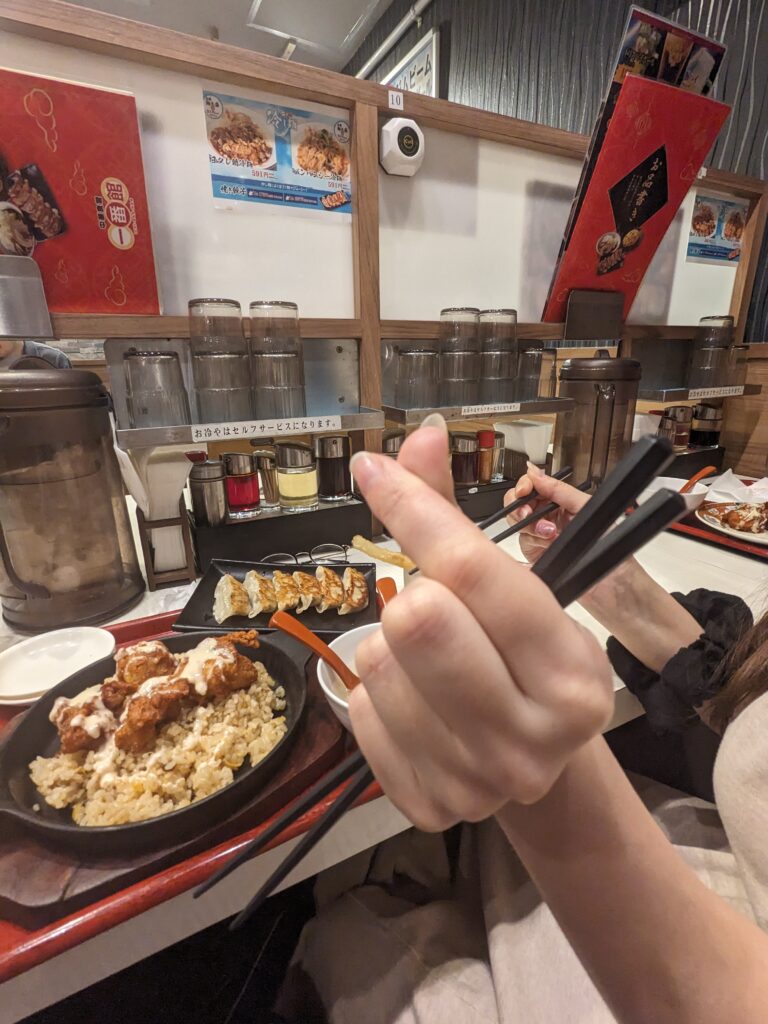
🌸 Cultural Differences I Noticed When Dating Japanese People
Something that will always happen when dating someone from another country is cultural differences — especially when the cultures are as opposite as ours.
And this doesn’t just apply to dating, but also to friendship. Some examples I’ve noticed about dating in Japan include:
- Japanese people don’t text all the time. They can take a couple of days to reply. It can be discouraging and make you lose interest, but it’s not personal — it’s just how they are.
- They struggle to express their feelings and tend to avoid conflict. Beyond their shyness and calm pace, a downside when dating is that they rarely say things directly. You’ll notice excuses, changes in behavior, or — in the worst case — ghosting, leaving you wondering what happened.
- At least for me, reading signals has been tricky. Until you get used to how they communicate and behave, there can be a lot of misunderstandings.
- Of course, the language barrier is a big one. If you don’t speak Japanese or the other person doesn’t speak English, it’s very difficult to move forward. Don’t expect much beyond something casual. I definitely recommend learning the language, but if you’re looking for a partner, it’s better if they’ve lived abroad or have foreign friends.
- Finally, Japanese people really respect personal space and time. Their way of showing affection can feel quite cold compared to how we Latinos express it.
👉 Read also: Friendship in Japan: My Personal Experience and Tips
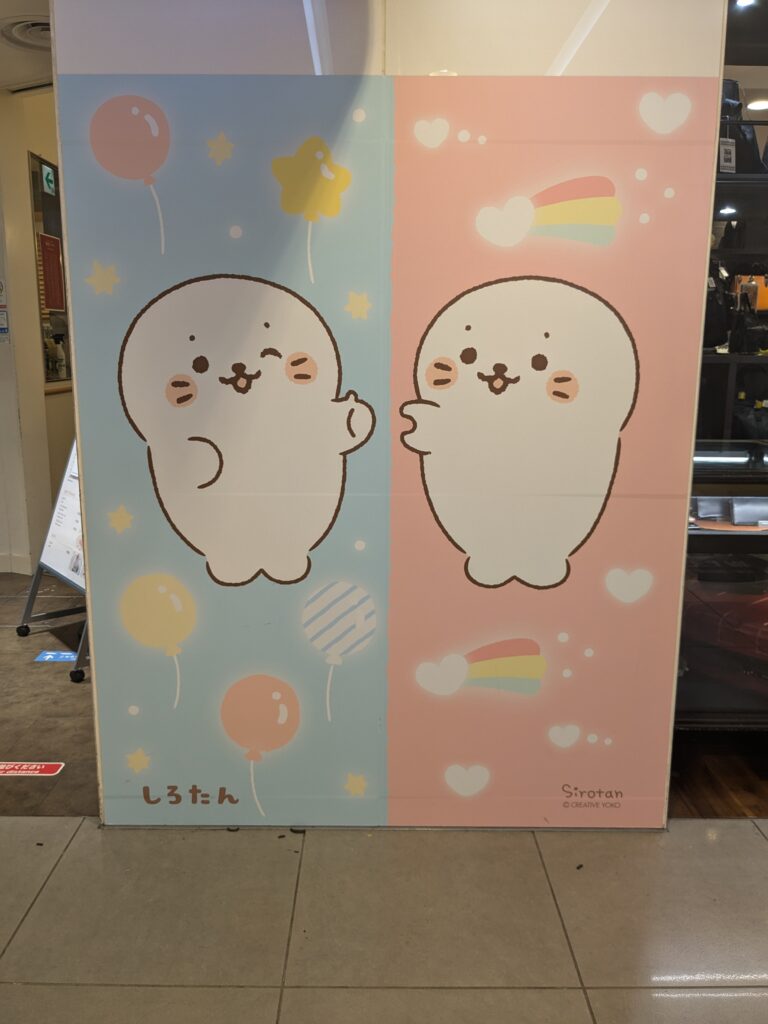
💬 Communication: Between Shyness and Misunderstandings
When it comes to this, I want to share one of my experiences.
I briefly dated a Japanese guy I met at one of my jobs. There was chemistry right from the start, and we talked a lot on LINE. At first, his replies were quite frequent for a Japanese person, and we also saw each other at work.
Everything started off great, and most of the time, he was the one initiating plans. We started going out and, even though we didn’t have an official title, we acted like a couple. However, every time we met, there was some kind of misunderstanding. We liked talking about deep topics, but the language barrier made it complicated.
Even though he knew some English and I could understand a bit of Japanese, there were things we just couldn’t express the way we wanted. One day, things simply changed — he didn’t have the courage to face and end things, so he started becoming distant, ignoring me, and treating me more like a friend.
This is a behavior I’ve seen in other people too — when something doesn’t work, they slowly disappear.
The problem was that I still had to see him at work. Luckily, I quit not long after, and that was the end of it. But it was a pretty disappointing and painful story.
🌏 Finding Balance Between Two Cultures
For me, dating people from different cultures is challenging but also enriching and exciting.
Regardless of where someone is from, every person teaches you something new. The cultural difference just adds more spice to it.
So, for things to work, there needs to be balance — and most importantly, communication.
👉 Read also: Cultural Differences in Japan and How I Adapted
🍵 What Helped Me Enjoy Dates (Without Getting Frustrated)
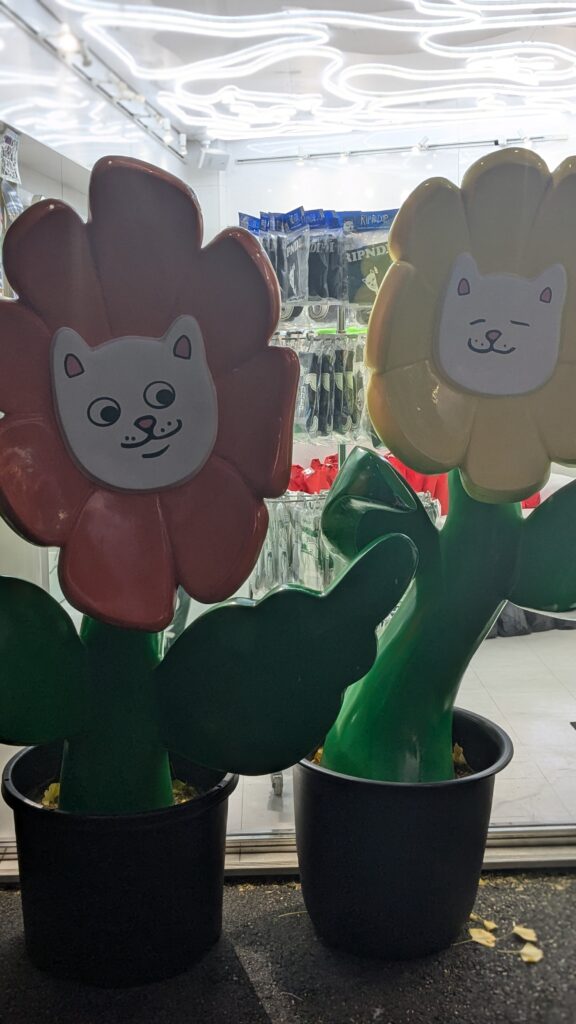
A friend once told me, “Just go and enjoy the date. If it goes well and you meet again, great. If not, at least you had a nice time.”
And honestly, he was right. Even though I’m a pretty social person, I often feel lazy about dating — repeating the same questions, the same stories… So, for me, a good date is the one that breaks the pattern.
The key is not to go with high expectations, and don’t spend more than two hours meeting someone for the first time — unless you’re really having fun, of course.
🌿 When You Learn Not to Force Things
Something I learned in Japan is not to force things when another person is involved. You can be persistent and work hard for what you want when the focus is on yourself — but when it involves someone else, you can’t force or expect them to think or feel the same way you do.
If you let go of control and the anxiety of waiting for replies or plans, you’ll feel much more relaxed.
✨ The Best Part: Learning From Every Encounter
Some people go on many dates; others meet one or two people and start dating officially right away. There are countless stories and experiences.
What matters is that every date is unique — a lesson, a moment, and sometimes even a funny story to share with friends later, haha.
In Japan, many foreigners use Bumble for casual dates or relationships. Others use language exchange apps like HelloTalk or Tandem.
💭 Final Thoughts: Real Connections Beyond Language and Culture
I could share many more interesting and funny stories, but this post would get way too long.
To wrap up, my reflection is that what really matters when dating in Japan is being able to connect genuinely — beyond language, cultural differences, and expectations.
And tell me, have you ever dated a Japanese person? How was your experience? I’d love to read your stories! 💕
よろしく、
花ちゃん.

